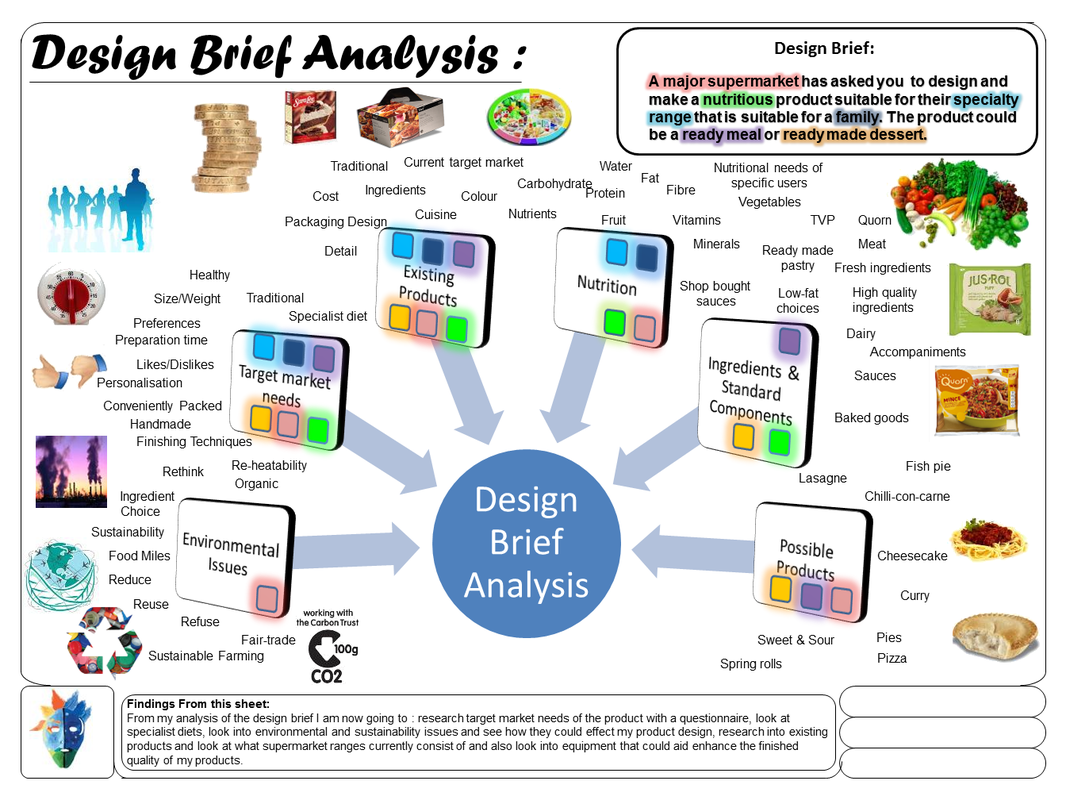If you’re writing a course paper about development food, you’ll need to know what to write. Your course will consist of two one-hour lectures, one hour of discussion, and a three-hour laboratory. During the lab, you’ll work in teams of three or four students to develop experiments and discuss the results of your research. Then, you’ll write your final paper, summing up your findings and submitting it to your professor for marking.
Analysis of dietary group, life stage or culinary tradition
Students studying a dietary group, life stage or culinary tradition must research the origins of that particular food group. They must select a set of dishes and technical skills that relate to the particular group and analyze the role of dietary traditions within that group. Often, food is associated with a particular social status or cultural norm. It is also a symbol of modernity, wealth, or identity.
Research and analysis of dietary group, life stage or culinary tradition
Students will learn about the relationship between dietary habits, dietary groups, and cultural traditions. During this stage of life, a person’s lifestyle undergoes numerous changes. The foods they eat often reflect their social, cultural, and economic status. They also reflect their lifestyle and values. Many traditional practices have their origins in the culinary traditions of a particular place.
The premise of this novel conceptualization is that social groups have common interests, objectives, and practices with regard to food systems. The four domains of individuals’ relationships with food systems are food system design, dietary intake, life stage, and life stage. Identifying these factors allows food system researchers to better understand the needs and interests of these groups. Once these factors are identified, researchers can apply their new understanding to develop and implement policies that benefit these groups.

